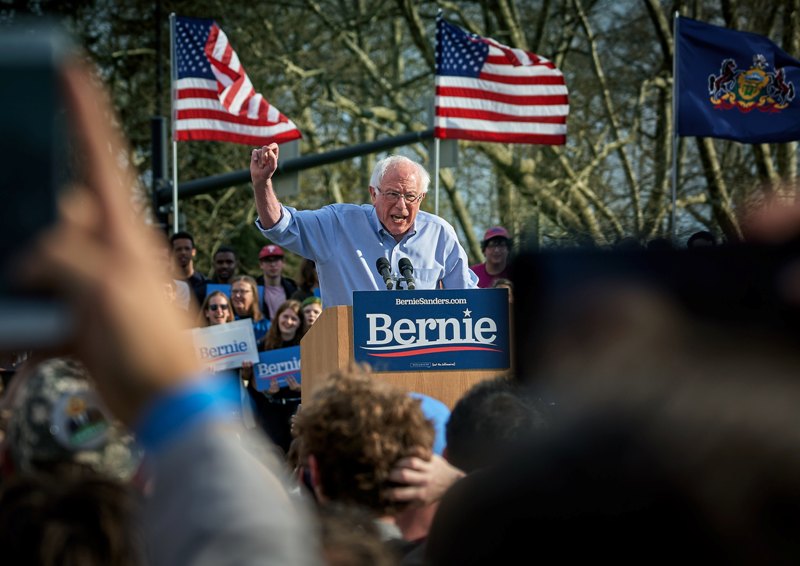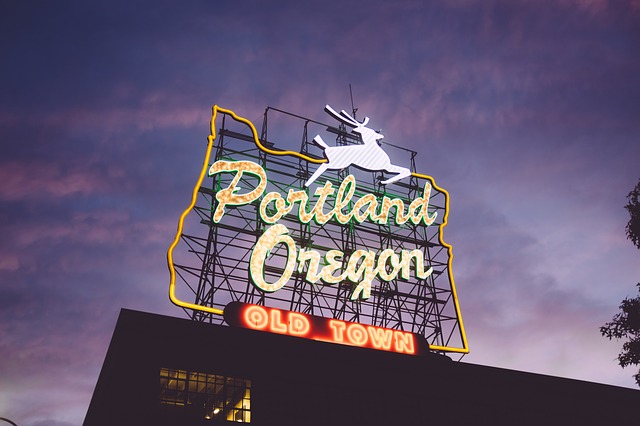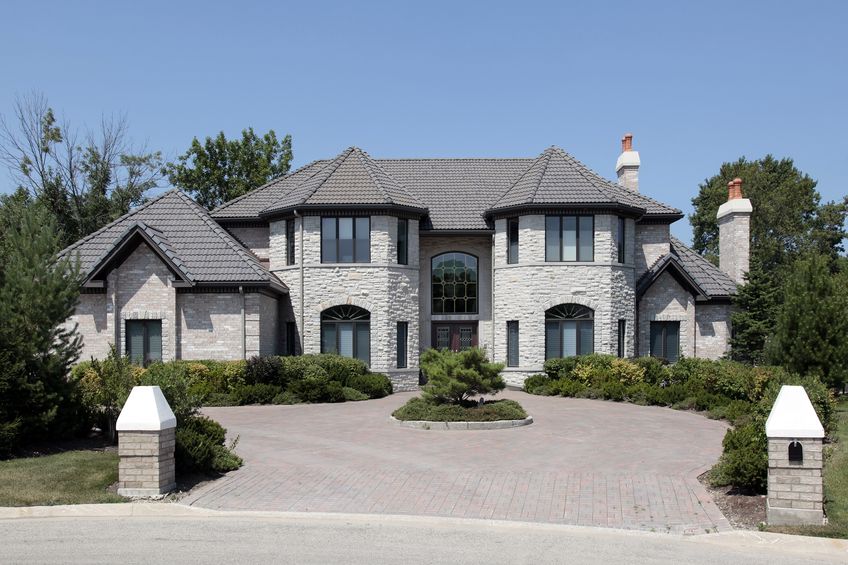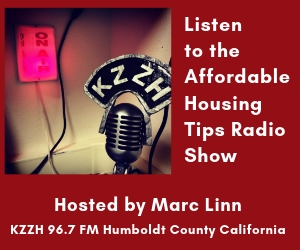
This is clearly an important factor, which is why we intend to report on it. We will also include our opinion (and, where possible, that of others) regarding the impact of these kinds of decisions.
Which brings us to Minneapolis, Minnesota, USA.
When I saw this article about Minneapolis removing single-family zoning requirements, I thought “Great! They realize that limiting the housing supply is a big factor in the housing shortage – and they are doing something about it!”
At Affordable Housing Tips, we are convinced that the single most important thing to be done to alleviate the housing shortage and help to make housing more affordable is simply to increase the supply of housing. Legislation, regulation, and zoning that restrict housing density clearly restrict the supply of housing, so this news from Minneapolis sounded like very good news indeed.
The Internet is a big place, however, and landmark legislation like the Minneapolis 2040 plan inevitably results in numerous articles. This can be helpful. Like the old fable about the three blind men confronting an elephant, each with their own particular interpretation, different articles with different perspectives can help round out one’s understanding of significant events.
According to a 2018 Slate article, the motivation for this massive change to a century-old policy goes beyond the need to increase affordable housing:
“Large swaths of our city are exclusively zoned for single-family homes, so unless you have the ability to build a very large home on a very large lot, you can’t live in the neighborhood,” Minneapolis Mayor Jacob Frey told me this week. Single-family home zoning was devised as a legal way to keep black Americans and other minorities from moving into certain neighborhoods, and it still functions as an effective barrier today.
Abolishing restrictive zoning, the mayor said, was part of a general consensus that the city ought to begin to mend the damage wrought in pursuit of segregation. Human diversity—which nearly everyone in this staunchly liberal city would say is a good thing—only goes as far as the housing stock.”
Okay, maybe helping with the housing shortage by increasing the housing supply was not the primary goal of this legislation; it sounds like this was more of a byproduct of legislation aimed at correcting injustices from an earlier era. I dislike racism and bigotry as much as the next guy, so this seemed fine with me. And if more affordable housing winds up being the result, what’s not to like?
Minneapolis: a step forward for affordable housing…
Like many of us, I am usually pretty skeptical about government’s attempts to “fix” social injustices and other problems. Still, I am willing to be pleasantly surprised, and some part of me remains at least somewhat optimistic. I found myself rooting for Minneapolis. I wondered “Will this be the start of a positive trend in housing? What will they do next?”
… And now, unfortunately, a step back
Unlike the Minneapolis 2040 legislation eliminating single-family zoning, this next move by Minneapolis was impossible to interpret as a win for the housing market.
Minneapolis prevents landlords from checking credit history, criminal records.
The subtitle to the September, 2019 Reason article makes it crystal clear: “The Minneapolis city Council just made the rental business a lot riskier for property owners.”
What is going on in Minneapolis, I wondered? Removing zoning restrictions to higher density housing seems like a positive step toward making more affordable housing available. Yet here we are, a few months later, passing a regulation that is likely to result in some property owners giving up on the landlord business entirely due to the increased risk.
Some rental properties may wind up being sold, thereby removing them from the rental market entirely. Other renters might wind up with Wall Street as their landlord – which doesn’t seem to be working out terribly well.
Correcting past injustices, such as the restrictive zoning policies that effectively limited housing in many neighborhoods to the relatively affluent while limiting the supply of housing itself, is an admirable goal. As we frequently see with social policy, however, even the best of intentions can sometimes have unanticipated consequences that do not work out as well as planned.
Attempting to make more rentals available to those with poor credit histories or criminal backgrounds by restricting property owners’ ability to make decisions regarding their property may in fact make the housing picture even more difficult.
Conclusion
So there you have it: some good news and some possibly disturbing news from the heartland. Housing choices are definitely going to be different in Minneapolis than they have in the past; some will no doubt see this as a good thing while others will be less than pleased with the results.
But what about you? If you are wondering where to spend a significant portion of your life, is Minneapolis on your radar? Do the potential housing evolutions likely to take place in Minneapolis because of the changes in regulations make Minneapolis a more attractive possibility for you? Or maybe the direction the city has chosen makes it a less attractive choice for you? If you have an opinion one way or another, feel free to let us know on our contact page.
More “Government Programs” Articles
 Why Housing Lotteries Turn to Facebook and Zoom During Pandemic
Why Housing Lotteries Turn to Facebook and Zoom During Pandemic
People are lining up to enter “virtual” housing lotteries. Is new technology the solution to affordable housing crisis? Read More
 Amazon Builds Homeless Shelter in New Headquarters
Amazon Builds Homeless Shelter in New Headquarters
Plus, Jeff Bezos pledges $2 billion toward homelessness and education. Read More
 Bernie Sanders Talks Affordable Housing and a $2.5 Trillion Price Tag
Bernie Sanders Talks Affordable Housing and a $2.5 Trillion Price Tag
It’s a lot of money, but who will pay for it and what will it achieve? Bernie reveals a few details… Read More
 Don’t Let This Medicare Myth Wipe Out Your Retirement Nest Egg
Don’t Let This Medicare Myth Wipe Out Your Retirement Nest Egg
What you don’t know about Medicare could cost you a small fortune. Learn how to protect your retirement dreams. Read More
 7 Surprising Facts Anyone Entering a Housing Lottery Should Know
7 Surprising Facts Anyone Entering a Housing Lottery Should Know
These housing lottery facts spotlight little-known secrets about this growing trend in housing. Millions have affordable new homes. Will you be next? Read More
 PACE: An Affordable Housing Alternative to Nursing Home Care
PACE: An Affordable Housing Alternative to Nursing Home Care
Discover the affordable housing alternative that lets seniors age in place and avoid expensive nursing homes. Read More
 Would You Live in a “Zombie Property?” These Might Tempt You…
Would You Live in a “Zombie Property?” These Might Tempt You…
With low prices and modern amenities, renovated “zombies” are becoming a favorite among bargain house hunters. Read More
 How Zombie Foreclosures Haunt Homeowners
How Zombie Foreclosures Haunt Homeowners
The number of zombie foreclosures reached an all-time high during the Great Recession. Could they make a comeback if the latest housing bubble pops? Read More
 Affordable Housing Lottery: 7 Tips for Winning Your New Home
Affordable Housing Lottery: 7 Tips for Winning Your New Home
Winning an affordable housing lottery is a daunting task. But these tips give you a leg up over the competition. Read More
 Want to Win a Housing Lottery? Check out this Q&A Guide
Want to Win a Housing Lottery? Check out this Q&A Guide
You might be surprised how you could turn a housing lottery into a bargain-priced home. Read More
 Homelessness in Seattle Caused by Drugs? Well, maybe not…
Homelessness in Seattle Caused by Drugs? Well, maybe not…
Homelessness in Seattle caused by drugs? Or is housing just too damned expensive? Read More
 Rent Control in Oregon Signed into Law—Will Renters Benefit?
Rent Control in Oregon Signed into Law—Will Renters Benefit?
For some, rent control in Oregon seems like a good idea. But is it really? Will renters benefit and if so, for how long? Read More
 Mansions Now Among the Best Cheap Homes for Rent in Vancouver
Mansions Now Among the Best Cheap Homes for Rent in Vancouver
Beer budget but champagne tastes? Not to worry — new tax laws mean some lucky folks can now afford to rent luxury homes! Read More




